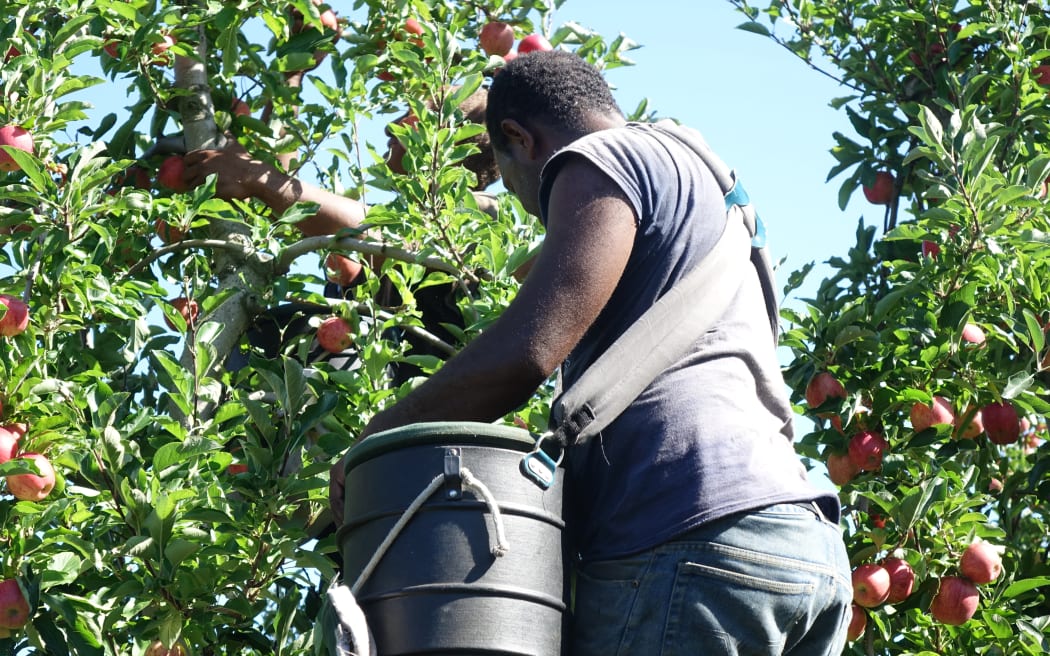The RSE scheme is central to our relationships in the Pacific and has delivered tremendous benefits to everyone involved, Foreign Affairs Minister Winston Peters says.
The coalition Government is supporting the growth of New Zealand’s horticulture and viticulture industries, by revitalising the Recognised Seasonal Employer (RSE) Scheme and increasing the cap for the coming season.
“We are making changes that can be delivered quickly, reduce costs and compliance for employers, and improve flexibility for RSE workers,” Immigration Minister Erica Stanford said.
“Our Government is committed to increasing the number of RSE workers over time in line with industry demand, while balancing the availability of New Zealanders and accommodation for workers. That’s why the cap on the number of workers is increasing by 1,250 to 20,750 for the 2024/25 season.
Other changes include employers being required to pay workers an average of 30 hours a week over four weeks. The pause on accommodation cost increases will be lifted and the requirement to pay RSE workers 10 percent above the minimum wage will only apply to experienced workers, recognising their productivity.
“The RSE scheme is central to our relationships in the Pacific and has delivered tremendous benefits to everyone involved,” Foreign Affairs Minister Winston Peters said.
“New Zealand is committed to supporting Pacific priorities. That is why these changes include broader opportunities for skills development, greater flexibility in visa settings, and pay based on experience.”
Further changes are:
*Improved flexibility for RSE workers to move between employers and regions.
*Workers’ visas will be multi-entry during a season.
*RSE workers will be able to undertake training and skills development not directly related to their role.
*RSE workers will no longer have to be screened for HIV, aligning them with other temporary visa applicant requirements.
*Timor-Leste will be included in the scheme.
Most of these changes will be in place in early September. Further time will be needed to set up the infrastructure and processes on the ground for Timor-Leste to participate. The cap increase fulfils a commitment from the coalition agreement between National and Act.
“These changes are just the start. The next phase of our work programme will consider substantive, longer-term options to further improve the wider RSE system and worker welfare settings,” Stanford said.













